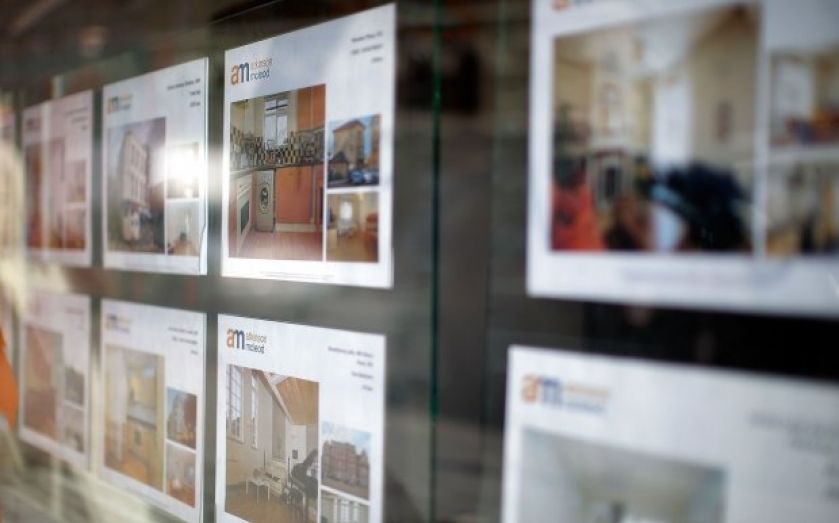UK property prices: Mortgage approvals fall as cooling measures take their toll

Mortgage approvals fell in June as cooling measures introduced by the Bank of England took effect, figures by the British Bankers' Association (BBA) showed on Tuesday. The number of mortgages doled out fell to just under 42,800, from 43,200 in June.
Gross mortgage borrowing also fell to £10.9bn in July from £11.1bn in June.
But although the average loan for a house purchase rose to £167,600, up from £163,800 in June, the figures suggest house prices will continue to even out as property fever subsides.
In July, Bank of England governor Mark Carney set out his plans to reduce household indebtedness: firstly, by limiting the amount mortgage customers can borrow to 4.5 times their salary; secondly, by forcing them to undergo a "stress test" to ensure that, even if interest rates rise 3 per cent, they will still be able to pay.
The Mortgage Market Review, published in April, had already enforced stricter lending practices and slowed down the mortgage application process.
But the BBA added the average monthly mortgage approval figure now stands at about 40,000 per month – 12 per cent more than the same time a year ago, so it looks as though mortgage lending will continue to be robust.
Elsewhere, the figures showed business borrowing fell by £11.1bn in the year to July, although "much of this was in the real estate sector", where companies are working to rely less on bank borrowing, said the BBA.
Spending on credit cards was £8bn, the same level as July last year, although repayments "mainly" exceed spending. That's bad news: economists – including JPMorgan Asset Management chief market strategist Stephanie Flanders – have already voiced concerns the UK economy's recovery has largely been fuelled by debt. Now Carney has done what he can to fix "cheap" mortgages, his attentions may need to turn to consumer borrowing.